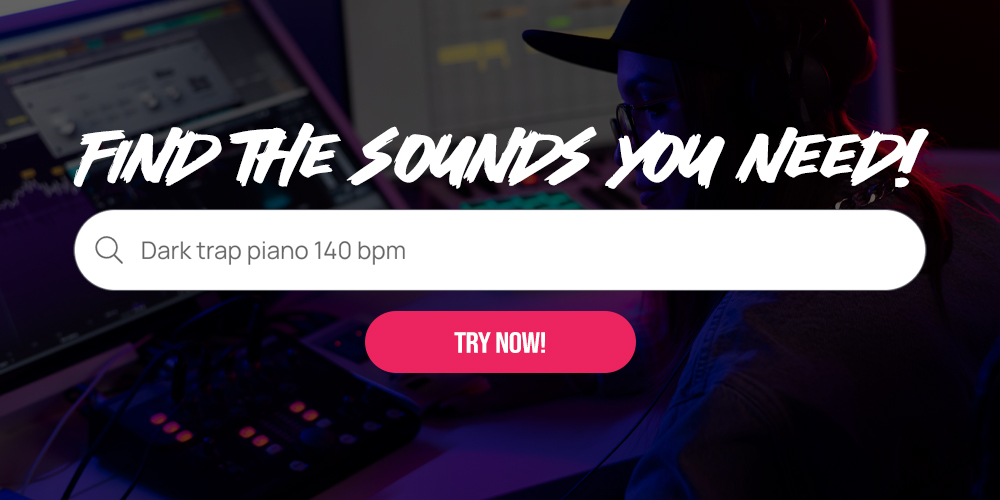With more artists finding success in the independent music scene, monetizing one’s work has become a vital aspect of building a career in the industry. From registering songs to protect copyright, leveraging streaming platforms, direct sales, and music licensing – there are numerous ways to earn from your passion. Additionally, live performances, merchandising, and strategic use of social media create new avenues for artists to share their art while generating income. This article provides a comprehensive guide to help you understand how to effectively monetize your tracks and turn your music passion into a stable source of income.
- Start by Registering Your Songs with the Right Organizations
- Use Streaming Platforms to Monetize Your Music
- Direct Sales: How to Effectively Sell Your Tracks Online
- Music Licensing: The Basics and How to Start
- Live Performances as a Source of Income
- Merchandising: Building a Brand and Earning from Merchandise
- Leveraging Social Media to Promote and Monetize Your Music
- Create and Sell Samples & Sample Packs
- Frequently Asked Questions
- What are common mistakes when registering songs, and how to avoid them?
- Are there international platforms for music monetization worth considering?
- What are the best pricing strategies for direct song sales?
- What are the basic licensing agreements musicians should know?
- How to measure the success of your promotional efforts on social media?
Start by Registering Your Songs with the Right Organizations
Registering your songs with the appropriate copyright organizations is the first step to ensuring income from your music. Industry professionals emphasize that securing copyright for your works is fundamental, enabling artists to earn from licenses, royalties, and other forms of music usage. This process helps creators manage their songs effectively, monitor their use, and enforce payment claims.
Well-known organizations providing such services include BMI, ASCAP, PRS for Music, and others. Experts advise not to limit yourself to the local market but also to register with international organizations, which increases your chances of global reach and higher profits. It’s crucial to thoroughly review the terms of each organization and choose those that best fit your needs and the nature of your work.
Use Streaming Platforms to Monetize Your Music
Monetizing music through streaming platforms offers new earning opportunities for artists. Services like Spotify, Apple Music, and Tidal provide musicians with revenue shares from subscriptions and ads. Properly registering and placing your songs on these platforms can significantly expand your audience reach and financial inflows. Understanding the collaboration terms and selecting platforms that align with your expectations is essential.
Choosing the right platform depends on individual artist preferences and professional goals. Analyzing these factors can help decide which streaming service will best serve your music monetization efforts.

Direct Sales: How to Effectively Sell Your Tracks Online
Creating music can become a profitable business with the right sales strategies. Digital platforms offer countless opportunities to reach a broad audience without needing traditional labels.
To sell your tracks online effectively, consider the following steps:
- Choosing the right distribution platform: Bandcamp, SoundCloud, and Spotify are some places to showcase your work.
- Creating an attractive offer: Besides the tracks, think of additional materials like music videos or exclusive song versions.
- Building a community: Engaging with fans through social media can significantly boost interest in your music.
Effective promotion is as crucial as the music itself. Utilizing marketing tools such as social media ads or email marketing can increase your music’s online visibility. Gathering feedback from listeners can provide valuable insights into what can be improved and what is well-received. Remember, success doesn’t come overnight, but consistent efforts and dedication to promoting your work will eventually yield the desired results.
Music Licensing: The Basics and How to Start
In the music industry, licensing your songs opens new earning possibilities. Experts highlight that understanding copyright and negotiating licensing terms are essential for effectively monetizing your music. When starting with licensing, define your goals and expectations for potential agreements.
Networking in the industry significantly increases the chances of finding lucrative licensing deals. Building relationships with producers, film directors, and other creators can lead to opportunities. Participating in industry events and actively using social media platforms are effective ways to expand your reach and showcase your music to potential clients.
Creating a professional portfolio is a crucial step toward success in music licensing. Including your strongest tracks that best represent your style and skills can attract attention and convince decision-makers to choose your work. Ensure every detail is perfect, from high-quality recordings to professional presentation.
Live Performances as a Source of Income
Organizing concerts and live performances not only allows artists to connect directly with their audience but also serves as one of the most effective income sources. Direct ticket sales for your music events can generate significant revenue, which can be reinvested into furthering your career. Additionally, live performances offer the chance to sell merchandise, contributing to increased earnings.
Online platforms offering live concert streaming are worth noting. In the digital age, where internet access is ubiquitous, online broadcasts can substantially expand the potential audience. This method not only reaches fans worldwide but also generates additional revenue from access sales and partnerships with platforms and sponsors.

Merchandising: Building a Brand and Earning from Merchandise
Creating a strong music brand involves more than just talent and exceptional tracks. It also requires utilizing various distribution channels. Metallica is an example of a band that has successfully monetized their brand through merchandise sales for years. From t-shirts to posters to limited-edition vinyl records, every merchandise item is carefully designed to reflect their music’s character while building fan loyalty.
This strategy not only increases brand recognition but also represents a significant income source, often surpassing revenue from recordings alone. Similarly, independent artists like Tyler, The Creator, leverage their creativity to offer unique and often limited series of products, directly engaging and gaining support from fans. This method helps build a lasting relationship with audiences while ensuring a steady financial flow.
Leveraging Social Media to Promote and Monetize Your Music
Social media platforms offer musicians countless opportunities to reach a broad audience and build a loyal fan base. Platforms like Instagram, YouTube, and TikTok have become places to share your creations and effective tools for generating revenue. For instance, YouTube’s partner program allows creators to earn from ads displayed during their videos. TikTok’s Creator Fund rewards creators for popular content.
Strategically using these platforms can significantly enhance an artist’s online visibility and income. Consistent and authentic communication with fans builds trust and increases engagement around your music.
Create and Sell Samples & Sample Packs
Another lucrative avenue for musicians is creating and selling sample packs on websites like slooply.com, r-loops.com, and producershop.com. These platforms allow artists to produce and distribute high-quality samples and loops to other music creators. All samples on these sites are 100% royalty-free, ensuring that buyers can use them in their tracks without additional costs. This means you can confidently sell your music, knowing there won’t be unexpected expenses related to sample clearance.
By offering your unique sounds, you not only generate income but also enhance the creative process for other musicians. These sample packs can include drum loops, vocal samples, and unique sound effects, catering to various genres and styles. Utilizing these platforms ensures your music production remains both creative and financially sustainable.

Frequently Asked Questions
What are common mistakes when registering songs, and how to avoid them?
Common mistakes include incomplete or incorrect information during registration, failing to secure copyrights before starting the process, and not understanding which organizations to register with. To avoid these, familiarize yourself with each organization’s requirements and consult with a copyright lawyer.
Are there international platforms for music monetization worth considering?
Yes, international platforms like Spotify, Apple Music, and YouTube Music offer global monetization opportunities. Understanding the distribution and monetization terms for each platform is crucial.
What are the best pricing strategies for direct song sales?
Pricing strategies depend on various factors, such as audience target, song uniqueness, and production costs. Effective methods include value-based pricing, offering bundles (e.g., album + merchandise), and price flexibility depending on the sales platform.
What are the basic licensing agreements musicians should know?
Basic licensing agreements include non-exclusive licenses, exclusive licenses, synchronization agreements (for use in films, ads), and publisher deals. Understanding these agreements is essential for protecting the artist’s rights and interests.
How to measure the success of your promotional efforts on social media?
Success can be measured by analyzing audience engagement (likes, comments, shares), follower growth, and traffic on music sales pages and conversions. Regularly analyzing these metrics and adjusting promotional strategies is important.











